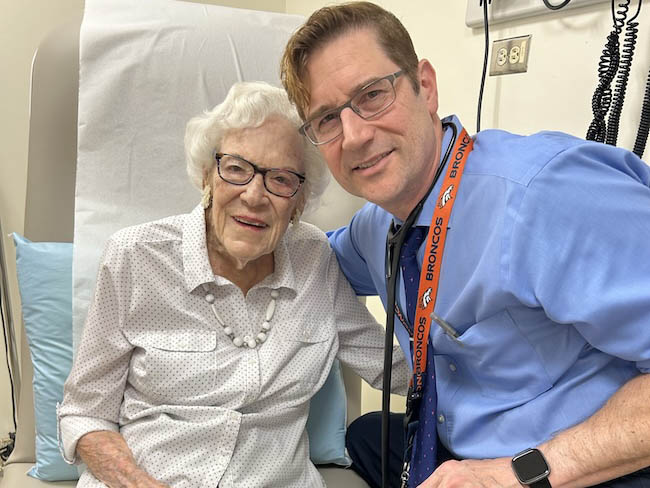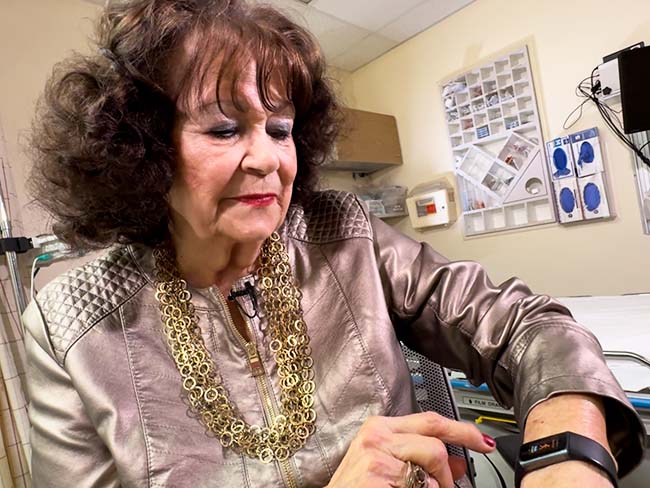When your care team asks what matters to you
A Kaiser Permanente geriatrician shares how our proactive approach to personalized care benefits older adults.
Kaiser Permanente helps older adults do what’s most important to them.
Aging is an individual experience. Every person is different and each person’s health care needs are different, too.
When a patient’s treatment plan is tailored to address the individual’s goals and preferences, it’s called patient- or person-centered care. And the older we get, the more valuable this becomes.
Tracy Lippard, MD, geriatrician and clinical lead at the Care Management Institute, answers some questions and shares how Kaiser Permanente’s personalized care benefits older adults.
What’s unique about caring for older adults?
During any patient visit, there’s a lot to cover. But what matters to the person — like, “I want to keep traveling,” or “I love driving my grandkids to school” — may not come up.
Proactively asking what matters to the member is key. Patients get excited when they tell you. It helps the doctor focus on maximizing the person’s capabilities and strengths.
When members feel heard and respected, it builds trust. You start to see the benefits when older adults get more engaged in their own health and self-care.
And when the doctor links the activities of the care plan to what a member loves doing, the member’s more likely to stick to a rehabilitation or medication schedule. As a result, patient satisfaction and outcomes are better, too.
How is personalized care for older adults practiced at KP?
We've developed a questionnaire called the Personal Assessment of Total Health, or PATH. Once a member completes it, it’s saved in their electronic medical record where care teams can easily find it.
The questions cover topics that matter to older adults and don’t always surface during a typical office visit. It asks about concerns like balance and memory changes.
It also asks about their comfort with digital devices and about their social health, like having enough food to eat, money to pay the bills, and a safe place to call home.
Members are asked what matters most at key moments
What’s the experience like for members?
Whether you’re new to Medicare or new to Kaiser Permanente, you’ll be asked about what matters to you during your first visit and again at routine checkups.
We’ll review what matters most with you if you receive a new diagnosis or experience a major change — like leaving the hospital after surgery and going to a recovery center.
We do this regularly so your care plan stays in step with your goals and wishes.
This also means we can notice and address new concerns quickly with appropriate, evidence-based interventions. That’s a huge benefit to members and their loved ones.













